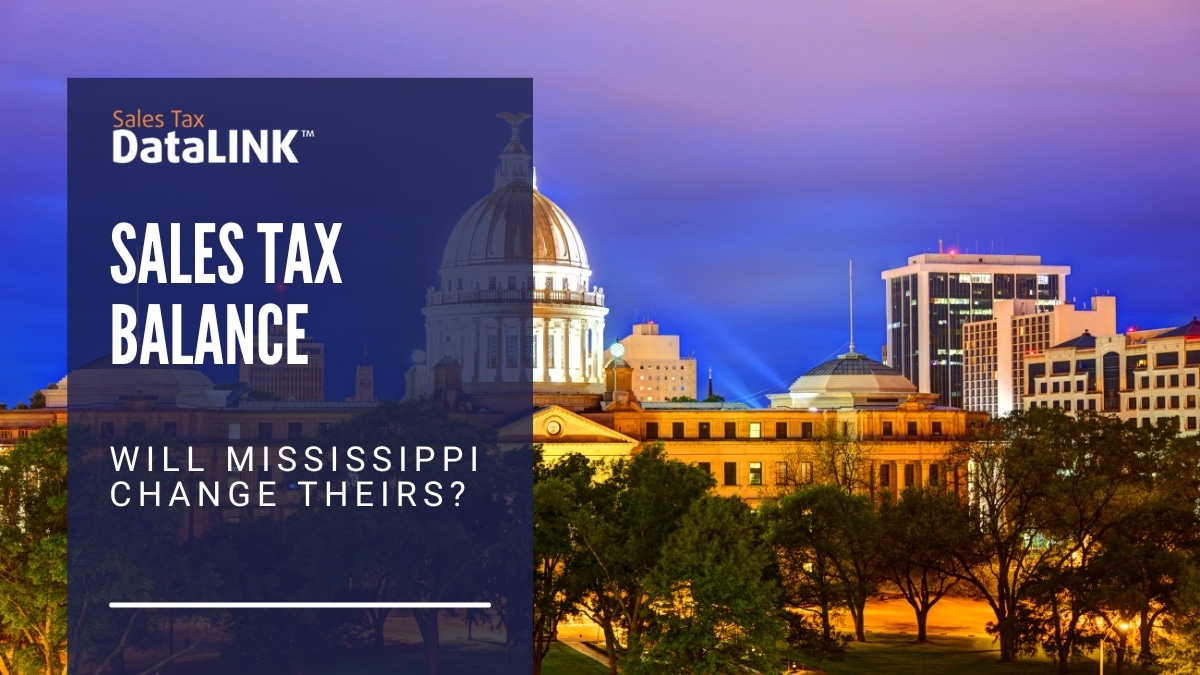States rely on tax revenue, but different states have different patterns of taxes. Usually, taxes include property tax, income tax, and sales tax. Mississippi is planning to make big changes in the state’s sales tax balance.
A new tax proposal would phase out personal state income tax completely. Seven states currently have no income tax, and two more are planning to repeal their income taxes within the next few years. Mississippi could bring that total to 10 if the new proposal passes.
But states with no income tax don’t always provide a lower tax burden.
Alaska does. They have no income tax, no state sales tax, and an overall tax burden of just 5.16%. This is the lowest rate in the nation. However, according to Investopedia, Alaskans also face high prices and low quality of life. They’re ranked #45 among the states on affordability, and #44 on “best state to live in.”
On the other hand, Nevada has no income tax, but they’re right in the middle of the states when ranked for tax burden — #24. Nevada’s state sales tax rate is 4.6%, and municipal taxes can raise the sales tax in specific places to 8.265%. They’re a particularly complicated place when it comes to sales tax rates and regulations, too. What about their affordability? They’re pretty close to Alaska at #42, and their quality of life ranking is #37 — definitely in the bottom half.
Where’s Mississippi?
Mississippi’s current tax burden, according to the same source, is 9.06% — higher than any of the states that don’t have personal income taxes. Their income tax burden is 2.68%, property taxes are 1.65%, and sales tax and excise taxes add up to 4.63% — #7 among states, with the highest (Hawaii) being #1.
Mississippi is planning to increase sales tax on a number of items from 7% to 9.5%. This would include clothing and some other essentials. There will also be sales tax increases for cars, cigarettes and alcohol, and farm equipment. On the other hand, sales tax on groceries will be lowered.
Is sales tax regressive?
One objection to the new tax proposal is that it’s regressive, which means that poorer people will pay more in taxes and richer people will pay less.
Income taxes affect people with higher incomes more than those with lower incomes. Nearly half of Mississippi residents don’t earn enough to pay income tax. This is about the same as the national rate. Cutting out income tax won’t put money in their pockets.
Sales tax is generally considered regressive because people with lower incomes pay a higher percentage of that income in sales tax. On average, the poorest Americans pay about 10% in sales tax. As the Brookings Institute explains, “If households are classified by annual income, the sales tax is sharply regressive. Under the AFT proposal, taxes would rise for households in the bottom 90 percent of the income distribution, while households in the top 1 percent would receive an average tax cut of over $75,000.”
Republican House Speaker Philip Gunn told U.S. News that he doesn’t think sales tax is regressive. “If they don’t want to pay the sales tax on an item, they don’t have to buy the item,” he said.
This idea is the basis for the rules many states have which do not charge sales tax on essential items. This thinking has led to many interesting rules about taxability. For example, New York doesn’t charge tax on unsliced bagels, but taxes on sliced bagels at 8%. Kansas taxes balloon rides if the balloon is tethered, but an untethered balloon counts as transportation, which is not taxed.
These are a couple of the most famous examples, but every state with a sales tax has its own quirks. It’s hard to agree on just what exactly is essential and what is not. Lobbying can be a factor, in addition to plain old common sense, and that complicates the rules even further.
How will this affect your business?
If you’re in Mississippi, you’re probably watching this potential change with interest, and your opinion of it might depend on how exactly it will affect you.
If you’re a remote seller with sales in Mississippi, you’ll collect and pass on sales tax to the state according to the new rates. Theoretically, the rate changes won’t matter — you’re just collecting and passing those tax payments on. Your own costs won’t be affected.
But that’s not really true. If the sales tax rates change, you will have to figure out and apply the new rates. There will be costs involved, whether it’s an update in your tax software or time for your accountant to figure things out and make changes.
Sales Tax DataLINK can help. Our sales tax compliance solution provides calculation and filing in every state for a predictable, affordable cost. We can also take on your entire sales tax compliance burden.
Our software is affordable and accurate, and we have American CPAs on hand who will help you any time you need support. Call 479-715-4275 to discuss your needs.




